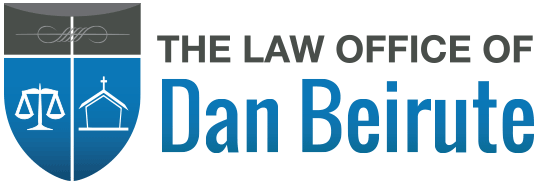
Churches are often more than just a place of worship or a building for services. Many times churches want to participate in providing coffee shops, gift shops, book stores, day cares, and even book sales. However, each of these unrelated church business incomes are separate from the church’s operating purposes, and can even threaten the church’s tax exemption status.
If a church intends to enter into an activity which will generate the tax on unrelated business income (“UBIT”), the church should consider forming a for-profit subsidiary to engage in the activity and remain in right standing with the IRS.
A subsidiary is typically a for-profit corporation, the shares of which are owned by the church. A subsidiary may engage in an activity which would ordinarily generate UBIT for a church, pay taxes on the income from the activity, and pay the remaining income to the church in the form of a dividend. (Payments of rents, royalties, or interest from a subsidiary to its church parent are subject to UBIT; dividends are not.) This method shields the church from UBIT.
How Separate Must a Subsidiary Be?
Churches should exercise caution to ensure that the subsidiary functions independently from the church and not simply as another church outreach. A subsidiary corporation will be ignored for tax purposes (thus generating UBIT for the church on the subsidiary’s income) if the subsidiary has no identity and function independent from the parent corporation.
The subsidiary corporation must have some real substantial business function and activity. A subsidiary should have its own bank accounts; conduct shareholders and directors meetings on its own time and not during church hours; keep its own minutes; hire its own employees (although some such employees may also work for the church on the church’s time); process its own payroll; and pay wages and expenses from its own revenues.
How Does a Church or Ministry Avoid Losing Control Over a New Corporation?
Losing control over a for-profit subsidiary is highly unlikely—if the subsidiary is formed properly. Since the church is the owner of the subsidiary, the church ultimately has the ability to dictate the activities and leaders of the subsidiary. This authority should typically be detailed in specific provisions of the subsidiary’s bylaws.
It is better to be safe than unprepared. Do not risk losing your Church’s tax exempt status! Instead, set up a for-profit subsidiary before starting or operating in unrelated business income activities. Call The Law Office of Dan Beirute, so I can guide you through the process and ensure the taxable subsidiary is properly structured.

